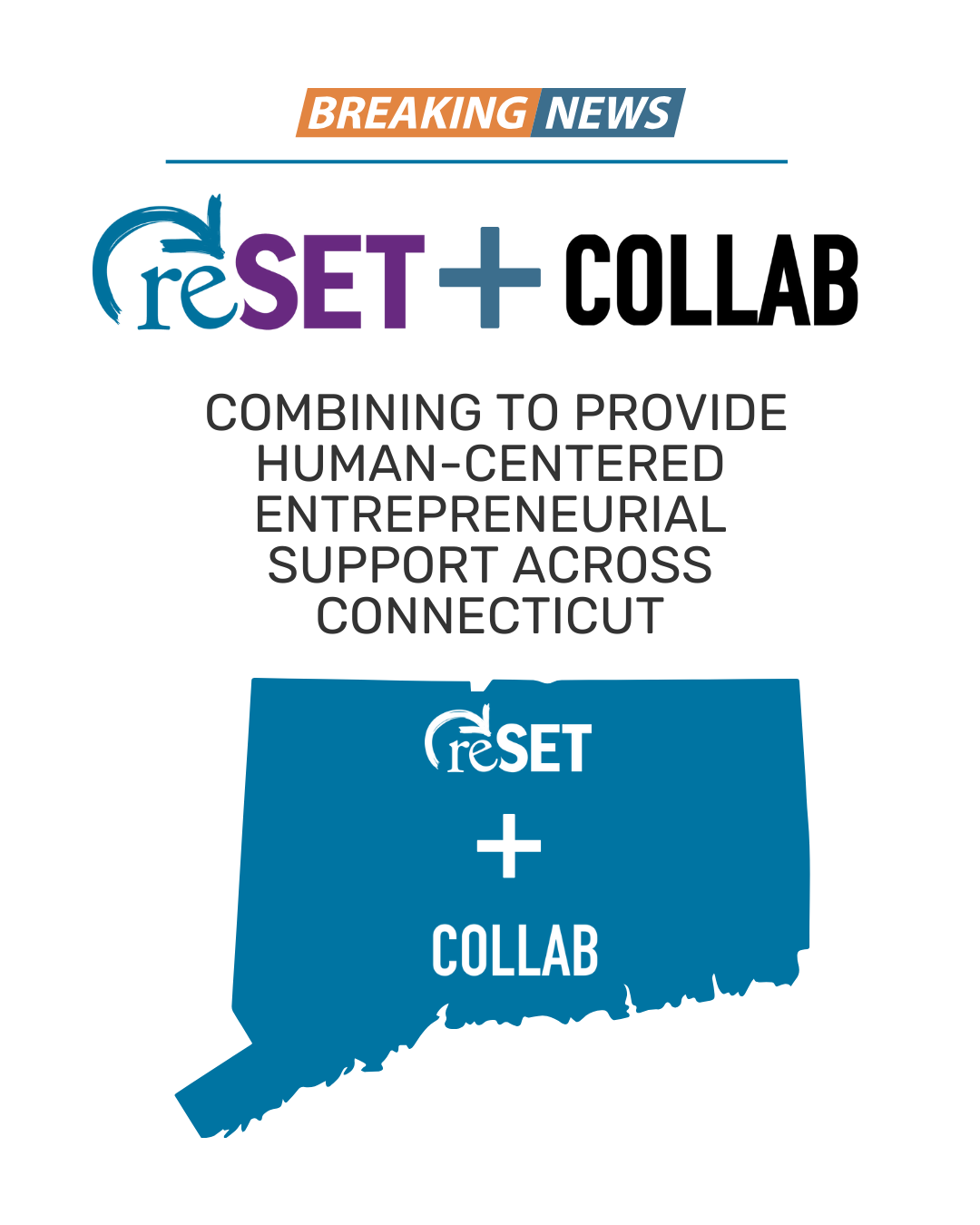For full Hartford Business Journal article details and related content, please click here.
By Gregory Seay
State Sen. John Fonfara had some simmering questions about Connecticut’s economy and its future.
Lots of questions, he said, related to the intersection of tax policy, entrepreneurism and job growth — the latter pair he believes could be harnessed to keep more young talent at home and kickstart the state’s lackluster economy.
To find answers, the Hartford Democrat, who co-chairs the influential Finance, Revenue & Bonding Committee, beginning last summer took a months-long “walk in the desert,” gathering feedback from residents, employers, private and public colleges, his Capitol colleagues, and state- and municipal-agency heads, among others.
His fact-finding culminated earlier this year with the crafting of a novel economic-development blueprint recently approved by the House and Senate that aims to reshape and elevate the state’s fledgling innovation ecosystem.
That measure, originally known as Senate Bill 1 and tucked away in the budget implementer (Senate Bill 502), resets in the boldest way yet the state’s focus on staking Connecticut’s path into the “New Economy,” Fonfara and the state’s economic-development promoters say.
Path to a New Economy
If successful, the path to that New Economy would be seeded with scores of startups able to access a mentor-network of serial entrepreneurs as well as funding sources through CTNext. It also opens the door for Connecticut’s municipalities, nonprofits, corporations and universities to pursue individually or as teams an “innovation places” designation that qualifies them to access a slice of the $90 million earmarked to fund CTNext over the next four or five years. Doing so, too, would create more opportunities for communities to widen their tax and jobs bases, officials say.
Fonfara said that in trying to understand how high-tax states like Massachusetts, New York and California harnessed their growth engines to innovation, he realized that Connecticut was well behind their curves. Fonfara said his new plan embraces several initiatives that could help Connecticut replicate the success of those innovation regions.
“Connecticut has long been a state of ingenuity,” Fonfara said, recalling a time in the 18th and 19th centuries when the state was an innovator in manufacturing and insurance. “If this is done right … it can really support that kind of activity all over the state.”
“Connecticut needs,” he added, “to rebuild its bench of young players via a sound farm system that recognizes the New Economy.”
CTNext’s ramp-up
SB 502, which awaits Gov. Malloy’s signature, has a broad range of changes to Connecticut’s economic-development policies, including the extension of the Small Business Express and First Five loan and grant programs.
It also publicly unveils “CT 500,” an ambitious goal for creating in 25 years 500,000 new jobs and attracting 500,000 new residents.
But leveraging an innovative economy as a job creator — something General Electric has gone searching for with its headquarters move to Boston — is the primary focus. Under the legislation, five-year-old CTNext would emerge from beneath the umbrella of Connecticut Innovations Inc. as a freestanding agency, with at least $90 million in bonded funding to seed more technology startups focused on medical, manufacturing, bioscience, software development and bioinformatics.
The proposal also seeks to unlock billions of dollars of state residents’ personal wealth, by encouraging them to invest in Connecticut-based startups in exchange for an estate-tax credit against some of their assets.
Born in the 2011 jobs bill, CTNext was envisioned as a support gateway for startups focused on commercializing research and innovations coming out of Connecticut’s industry and academic sectors, said Christopher “Kip” Bergstrom, a former deputy state economic development commissioner who worked with Fonfara on crafting the innovation legislation.
CTNext will now have its own board, constituted primarily by serial entrepreneurs who are better equipped to evaluate and mentor startups that come under its wing, officials say.
Innovation Places
Its board also will choose which communities and partners get first crack, starting in 2017, at funding to create “innovation places,” which are modeled directly after the “innovation districts” that Washington D.C. think tank The Brookings Institution has advocated for some time as a way to spur the 21st century innovation economy. Corporations, associations, nonprofits, municipalities and colleges are all eligible to compete for the innovation places designation.
Catherine Smith, commissioner of the state Department of Economic and Community Development (DECD), said she likes the concept because it requires cities and towns “to look inward to figure out their specific needs, rather than hand them a set of defined programs and to try to make it work.”
Fonfara said much of the feedback he got from this state’s entrepreneurs was that there aren’t enough designated innovated clusters for them to migrate to and operate in, beyond the obvious ones such as New Haven’s Science Park or the UConn Health Center campus in Farmington, which also houses a satellite of Maine’s Jackson Laboratory.
In his Hartford backyard alone, Fonfara said he could envision innovation places in zones stretching from Trinity College to Hartford Hospital and Connecticut Children’s Medical Center; the Parkville neighborhood, where the reSET Social Enterprise incubator is located; the Asylum Hill neighborhood where The Hartford has headquarters and medical-devices technology promoter Hartford.Health.Works is housed; and in downtown Hartford, anchored by the former Travelers education building in Constitution Plaza that Trinity owns and is redeveloping not far from UConn’s pending new downtown campus.
“This is why we believe GE moved to Boston,” Fonfara said. “It’s not about our tax policy or our thought that Connecticut wanted them here or not. [GE CEO] Jeff Immelt wants to be in an environment that feels like what he wants his company to feel like.”
Some Concerns
While much of the public testimony on the measure was favorable, there were some concerns raised. Suzanne Bates, policy director of the conservative Yankee Institute, argued innovation places “picks winners and losers among Connecticut’s municipalities. Our whole state should be open to innovation.”
Sen. Minority Leader Len Fasano (R-North Haven) said that while he voted against the implementer bill, he backed the business-support elements.
However, Fasano said the measure fails to address the lack of technical support for urban small businesses, many of which don’t know how to prepare a business plan.
Longer term, Fasano said, the state must find ways to cut the cost to companies and entrepreneurs of doing business and meeting state regulations, “or you could end up shutting these businesses down.”
‘Learn about this’
Birthing the legislation, Fonfara said, required that he go back and literally start from the beginning. He spent more than a few weekends re-researching and re-discovering everything he thought he knew about tax policy and the economy, including Googling such terms as, “entrepreneur in residence”; “coworking spaces”; and “incubators.”
With the aid of staff legislative policy analyst Dave Steuber, Fonfara explored the correlation of tax policy and economic growth in neighboring Massachusetts and New York. New York, for instance, ranks among high-tax states, yet is also near the top in economic growth. He sought to understand why.
He called on a tax-policy expert, he said, who helped him understand that, while tax policy is too important to be ignored, its economic impact is often overstated. For instance, California’s tax and regulatory policies are among the nation’s most reviled, Fonfara said the expert told him, yet it is home to one of the world’s most thriving and influential technology clusters, Silicon Valley.
“That started me saying, ‘I’ve got to learn about this’,” Fonfara said.
CT’s vs. Mass.’ prosperity
Fonfara, who also is Senate deputy president pro tem, admitted his quest was prompted partly after being worn down by the constant wrangling inside and outside the Capitol over the state’s chronic budget deficits and declining tax revenues, and decided the only way the state would reverse course is by growing the economy.
He looked to places like Boston and Massachusetts as well as Pittsburgh, Pa., best known as a Rust Belt former “steel town,” which has emerged as a hub of innovation and startups centered on technology and talent flowing from the University of Pittsburgh and Carnegie-Mellon University.
“And yet we’re both old industrial states, strong labor states,” he said of Connecticut and Massachusetts. “Strong in terms of the environment, all the things that raise the cost of living in this state, but yet they seem to be so much stronger than we are. So, that began the journey.”
Amid Fonfara’s deliberations and research, Fairfield’s GE publicly declared its choice of Boston for its new corporate headquarters, in part because of the critical mass of young talent being developed at nearby colleges and universities.
GE’s reasoning, Fonfara said, cemented for him that the best tack in elevating Connecticut’s own innovation infrastructure lay with CTNext.
“For me,” Fonfara said, “it’s really about saying to young people, ‘You don’t need to go to Boston. You don’t need to go to California’ to work in an exciting environment.”
Here’s a breakdown of other economic-development initiatives in SB 502:
• Connecticut Innovations must consider relocating its Rocky Hill headquarters to an innovation place, or establish one or more satellite offices in those places.
• CI is allowed to invest its unrestricted funds in private equity funds and provide financial assistance from the Connecticut Bioscience Innovation Fund in the form of investments in PE funds, whether in state or not. But the PE funds must match 100 percent or more of the investment.
• Businesses located in an innovation place may receive priority from the state Department of Economic and Community Development (DECD) in awarding Small Business Express loans.
• The recently expired angel-investor tax credit will be extended to July 2019.
• DECD may forgive a portion of loans awarded to tech businesses that mentor other businesses through CTNext’s network of young companies.
• Requires DECD to create a Technology Talent Advisory Committee to study the number of software developers and other tech employees in the state and identify areas where there are shortages of qualified workers. The committee would then design a pilot program to recruit developers and train state residents over the next 10 years.
• CTNext would build and promote a crowdfunding website to advertise Connecticut startups that have been approved by CI to receive angel investments and that are seeking capital.








